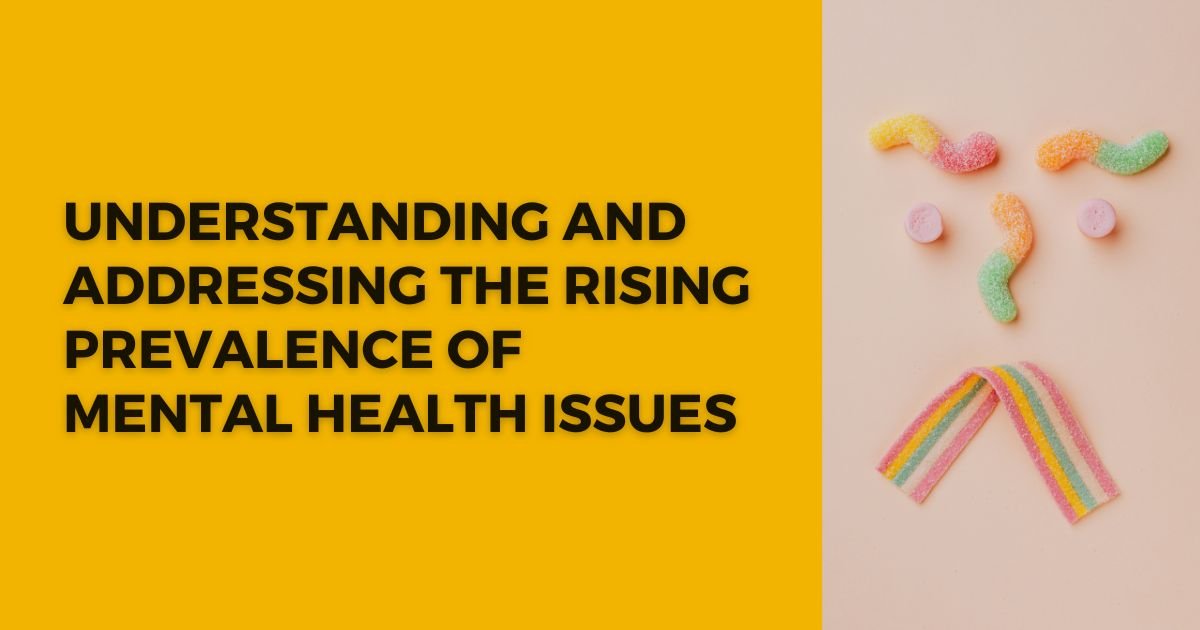Ovarian cysts are a common occurrence in many women’s lives, yet their nature and implications are often misunderstood. These small fluid-filled sacs that form on or within the ovaries can cause concern and discomfort, leading to questions about their origin, symptoms, and treatment options. In this article, we will delve into the topic of ovarian cysts, shed light on their prevalence, and answer some frequently asked questions to provide a comprehensive understanding of this natural phenomenon.
Table of Contents
What Are Ovarian Cysts?
Ovarian cysts are small sacs filled with fluid that develop on or inside the ovaries. Their sizes vary, ranging from as tiny as a pea to as substantial as a grapefruit. These cysts can arise as a natural part of the menstrual cycle or due to hormonal imbalances. The good news is that the majority of ovarian cysts are benign, meaning they are non-cancerous, and they typically resolve on their own without posing significant complications.
Common Types of Ovarian Cysts
Functional Cysts
These are the most common type of ovarian cysts and are typically a normal part of the menstrual cycle. They can be classified into two subtypes:
- Follicular cysts: Formed when a follicle fails to release an egg during ovulation.
- Corpus luteum cysts: Formed when the follicle releases the egg but does not properly dissolve.
Endometriomas
These cysts occur when endometrial tissue, which usually lines the uterus, grows on the outside of the ovaries, leading to the formation of cysts.
Dermoid cysts
These cysts are rare and may contain tissues such as hair, teeth, or even skin-like structures. Although they sound alarming, they are usually benign.
Are Ovarian Cysts Painful?
The experience of pain associated with ovarian cysts can vary from person to person. In many cases, ovarian cysts do not cause any symptoms and are discovered incidentally during routine gynecological exams or imaging tests. However, larger cysts or those that rupture, twist the ovary, or press against nearby organs may cause discomfort or pain. The severity of the pain can range from mild to sharp and intense. It is important to remember that not all ovarian cysts lead to pain, and the presence of a cyst does not necessarily indicate a problem.
Diagnosis and Treatment
If you suspect you have an ovarian cyst or are experiencing any related symptoms, it is important to consult your healthcare provider. They will perform a thorough examination, including a pelvic exam, and may recommend additional tests such as ultrasound, blood tests, or laparoscopy to confirm the presence of a cyst and rule out any other underlying conditions.
Treatment options for ovarian cysts depend on various factors, including the type of cyst, its size, and whether it is causing symptoms. In many cases, a “wait and watch” approach is adopted, as most functional cysts tend to resolve on their own within a few menstrual cycles. However, if the cyst is causing discomfort, has an unusual appearance, or persists for an extended period, your doctor may recommend further treatment options such as medication to regulate hormones or surgical intervention to remove the cyst.
Conclusion
Ovarian cysts are a common occurrence in women’s lives, and while they can cause discomfort, they are often harmless and resolve on their own. Understanding the different types of cysts, their potential symptoms, and available treatment options can help alleviate concerns and promote overall well-being. If you suspect the presence of an ovarian cyst or are experiencing any related symptoms, consult your healthcare provider for a thorough evaluation and guidance tailored to your specific needs. Remember, knowledge and timely intervention empower women to prioritize their health and embrace their inherent resilience.
Frequently Asked Questions
-
Can ovarian cysts affect fertility?
Most ovarian cysts do not significantly impact fertility. However, certain types of cysts, such as endometriomas or larger cysts that cause ovarian distortion, may affect fertility. It is advisable to consult with a fertility specialist if you have concerns.
-
Can I prevent ovarian cysts from forming?
Ovarian cysts are a natural occurrence and cannot be entirely prevented. However, maintaining a healthy lifestyle, practicing safe sex, and seeking timely medical attention for any gynecological concerns can help ensure early detection and appropriate management.
-
Are there any long-term complications associated with ovarian cysts?
In most cases, ovarian cysts do not lead to long-term complications. However, complications such as ovarian torsion (twisting), rupture, or the development of cancerous cysts are rare but possible. Regular check-ups and prompt medical attention can help detect and manage any potential complications.
-
Can ovarian cysts recur after treatment?
Recurrence of ovarian cysts is possible. However, the majority of functional cysts tend to resolve without intervention, and even if they recur, they are often manageable through conservative approaches or appropriate treatment options.
To delve further into enlightening articles like this one, expanding your knowledge and embracing a holistic approach to women’s health, click here. Together, let’s continue to explore, educate, and celebrate the extraordinary journey of womanhood.













Leave a Reply
View Comments